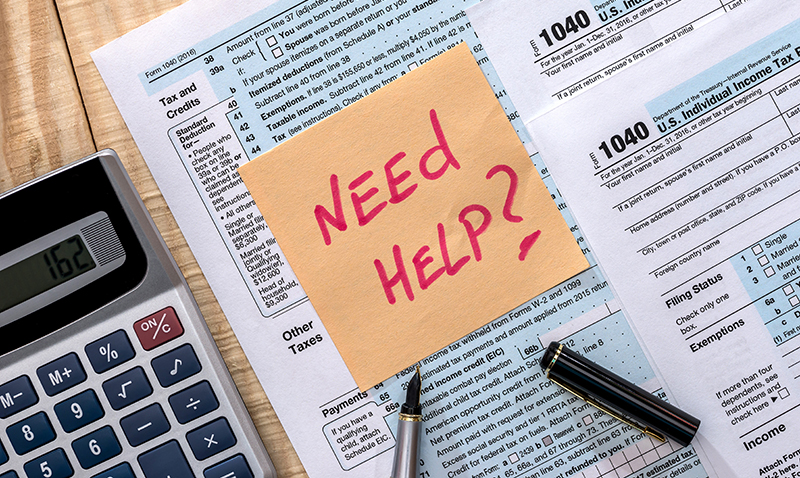Can I deduct daycare expenses?
October, 07 2019 by Karen Thomas-Brandt, EA
If you paid someone to care for your child so that you (and your spouse, if filing jointly) could work or look for work, you may be able to take the credit for child and dependent care expenses. Generally, you (and your spouse, if filing jointly) must have earned income to take the credit; however, you may be able to take the credit if your spouse was a student or disabled.
The credit is calculated as a percentage of the qualifying expenses you pay for your children. “Qualifying expenses” include the cost to protect and care for your child or children; however, payments made to your spouse, the parent of the qualifying child, or another individual claimed as your dependent do not count. The maximum amount of qualifying expenses allowed for one qualifying child is $3,000, and for two or more qualifying children the amount is $6,000. Based on your income level, the credit can range from 20 percent to 35 percent of the qualifying expenses incurred.
A “qualifying child” is a child under age 13 − or any age if permanently and totally disabled − who can be claimed as your dependent. If your child turned 13 during the tax year, qualifying expenses can be taken for the part of the year he or she was under age 13. Furthermore, the qualifying child must have lived with you for more than half of the year. For divorced or separated parents, only the custodial parent may claim the credit for child and dependent care expenses even if they choose not to claim the child as a dependent.
The credit for child and dependent care expenses is calculated on Form 2441. If you received dependent care benefits (DCBs) from your employer, you will also use Form 2441 to determine the amount of the DCBs that can be excluded from income. In addition, you will need to complete Part III of Form 2441 before the child and dependent care credit can be calculated.





